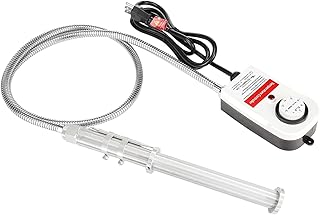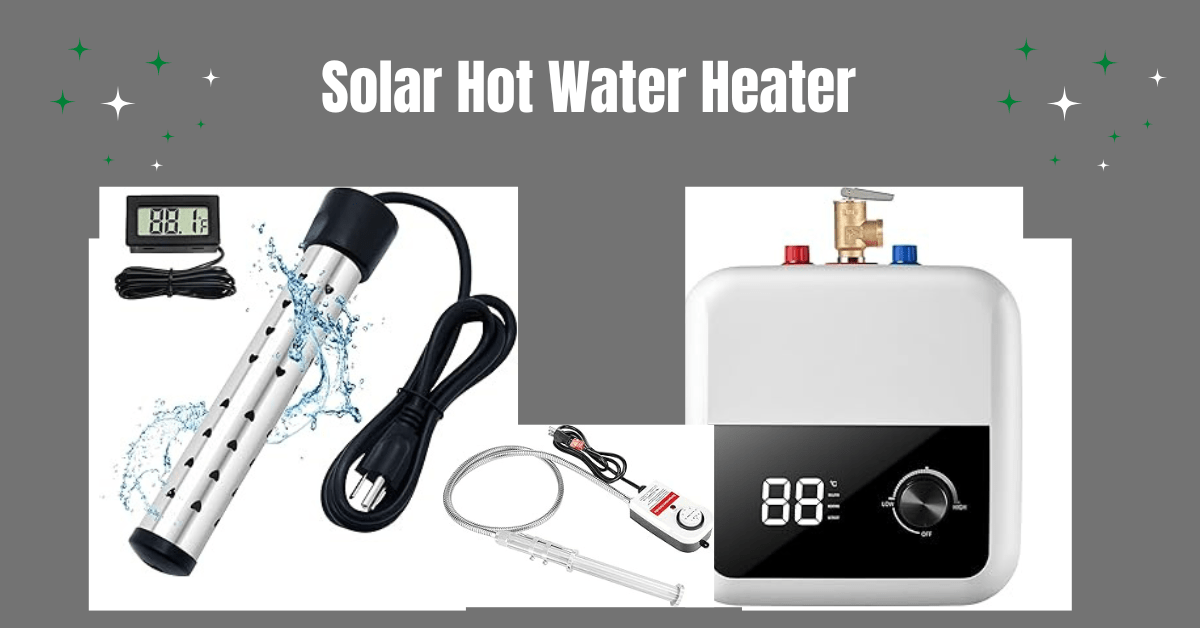Solar hot water heater have emerged as viable solutions for homeowners and businesses alike. This article delves into the workings, benefits, and considerations of solar water heaters, providing a comprehensive overview for those interested in switching to renewable energy sources. By understanding how these systems operate and their advantages, you can make an informed decision about integrating solar technology into your daily life.
Introduction
A solar hot water heater is a system that uses solar energy to heat water for residential or commercial use. Unlike traditional water heaters that rely on fossil fuels or electricity, solar hot water heaters harness the sun’s energy, making them an eco-friendly alternative. These systems typically consist of solar collectors, a storage tank, and a circulation system to transport heated water.

How Does Solar Water Heater Work?
Solar hot water heater operate on a straightforward principle: they capture sunlight and convert it into heat. Here’s a breakdown of the process:
- Solar Collectors: These are usually installed on the roof and are designed to absorb sunlight. There are two main types of solar collectors:
- Flat-Plate Collectors: These are insulated boxes with a dark surface that absorbs sunlight. They are the most common type used in residential systems.
- Evacuated Tube Collectors: These consist of glass tubes that contain a vacuum, which minimizes heat loss. They are more efficient in colder climates.
- Heat Transfer: The absorbed sunlight heats a fluid (usually water or a glycol mixture) that circulates through the collectors. This heated fluid then transfers its heat to the water in the storage tank.
- Storage Tank: The heated water is stored in a tank until it is needed. Some systems include an auxiliary heater for cloudy days or high-demand periods.
- Distribution: When hot water is needed, it is drawn from the storage tank and distributed throughout the home or business.
Benefits of Solar Hot Water Heater
Energy Efficiency
Solar hot water heater can significantly reduce your energy bills. By utilizing the sun’s energy, you decrease your reliance on conventional energy sources, leading to lower utility costs. In many cases, homeowners can save up to 50-80% on their water heating expenses.
Environmental Impact
Switching to a solar hot water heater reduces your carbon footprint. By using renewable energy, you contribute to a decrease in greenhouse gas emissions, helping combat climate change. This eco-friendly choice aligns with global efforts to promote sustainable living.
Low Maintenance
Solar hot water systems are generally low maintenance. Once installed, they require minimal upkeep, primarily involving periodic checks and cleaning of the solar collectors. Most systems come with warranties that can last up to 20 years, ensuring long-term reliability.
Increased Property Value
Investing in a solar hot water heater can enhance your property’s value. As more buyers seek energy-efficient homes, having a solar system can make your property more attractive in the real estate market.
Energy Independence
By generating your own hot water, you become less dependent on external energy sources. This independence can be particularly beneficial during energy price fluctuations or shortages.
Considerations Before Installation
While solar hot water heaters offer numerous benefits, there are several factors to consider before installation:
Initial Costs
The upfront cost of installing a solar hot water heater can be significant. However, many governments offer incentives, rebates, or tax credits to offset these costs. It’s essential to research available financial assistance in your area.
Climate Suitability
Solar hot water heaters are most effective in sunny climates. If you live in an area with frequent cloud cover or limited sunlight, you may need to consider a backup heating system to ensure a consistent hot water supply.
Space Requirements
Solar collectors require adequate roof space and orientation to maximize sunlight exposure. Before installation, assess your roof’s suitability and consult with a professional to determine the best placement for optimal performance.
System Type
Choosing the right type of solar hot water system is crucial. There are two main types:
- Active Systems: These use pumps to circulate water, making them more efficient but also more complex and costly.
- Passive Systems: These rely on natural convection and are simpler and less expensive, but they may not be suitable for all climates.
Conclusion
Solar hot water heaters represent a sustainable and cost-effective solution for heating water. By harnessing the sun’s energy, these systems reduce energy bills and contribute to a healthier planet. While there are considerations to keep in mind, the long-term benefits often outweigh the initial investment. As technology advances, solar water heaters will likely become an even more integral part of our energy landscape. For more information click now.
Pros and cons of solar hot water
Advantages Of Solar Hot Water
Disadvantages Of Solar Hot Water
Water heating bill savings
High upfront installation costs
Low maintenance
Dependent on climate
Environmentally friendly
Only heats water
Solar water heaters — sometimes called solar domestic hot water systems — can be a cost-effective way to generate hot water for your home. They can be used in any climate and the fuel they use.



